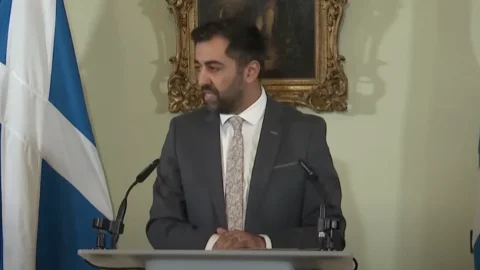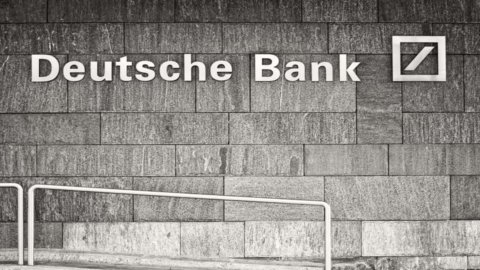It is also time for Russia to implement structural reforms to restart the country economically.
Entry into the WTO (World Trade Organisation) could mean a great opportunity for Russia to fuel the reformist momentum, to make the environment more certain, to strengthen the rule of law, to reduce corruption and to restrict the state presence in the 'economy.
This is what the board of the International Monetary Fund deduced after examining the report of the inspectors of the Fund at the end of the current mission.
The Russian short-term prospects are for moderate growth of around 4% both at the end of 2012 and throughout 2013.
Inflation, on the other hand, will rebound to 6,5% also due to the mid-year increase in tariffs. The surplus, however, should decrease. The balance of capital movements should still be negative, but at more contained levels.
It is important for Russia, continues the IMF, to manage internal demand aimed at avoiding overheating in the short term; while for the medium term, Russia must achieve the country's growth, maintaining stability on the macroeconomic level, and above all implement ambitious and above all decisive reforms: such as equity between generations and the pension reform.
The Fund therefore promotes the new budget discipline proposed by Russia, which frees the economy from the trend of oil.
But it is necessary to strengthen the "Reserve Fund".
Also Russia, in its new financial policy: the currency field will be more flexible, and monetary policy will be focused on controlling inflation. The latter is “a further gradual tightening by monetary policy to contain trend pressures and anchor expectations.”





